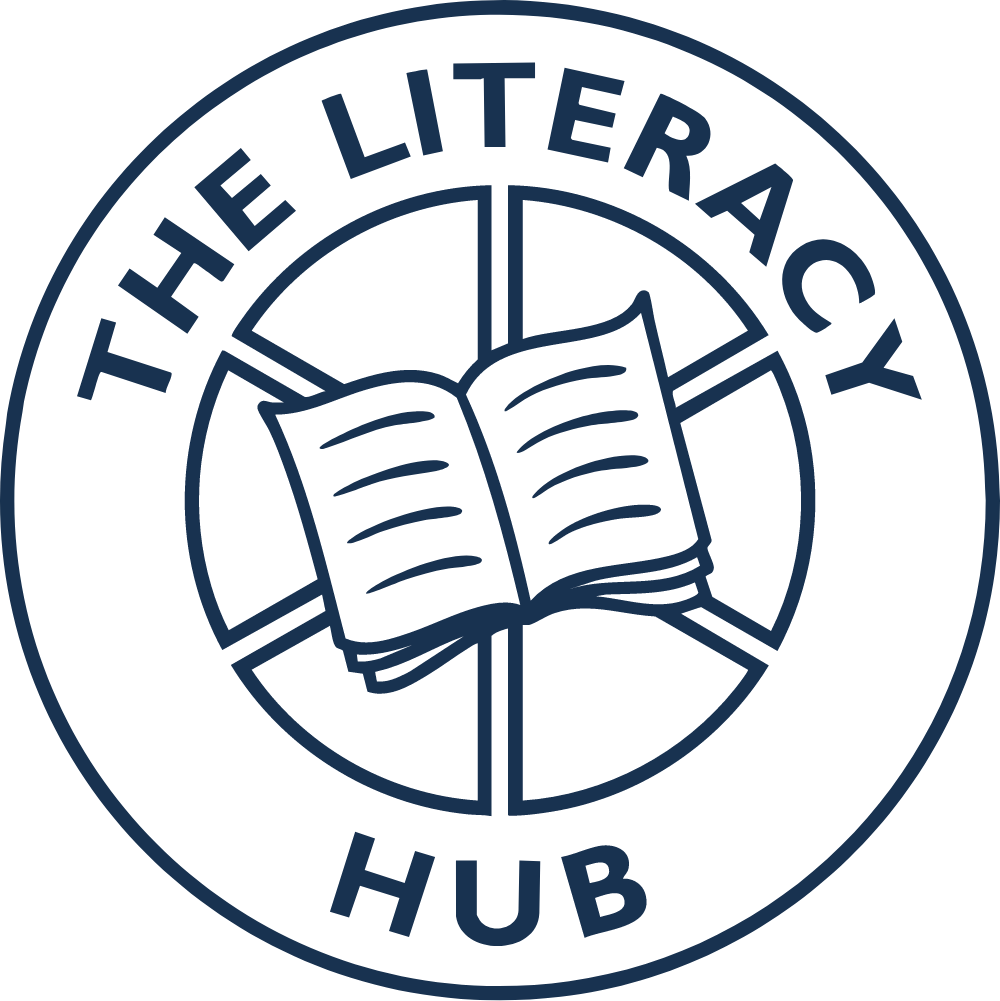Teaching Literacy Podcast
The Teaching Literacy Podcast does a great job of bridging the gap between academia and teaching.
This podcast strikes a great balance between looking at literacy from the perspective of researchers, who talk in a fair amount of detail about their own research, and considering how it can be applied in practice. The presenter, Jake Downs, is an Assistant Professor at the School of Teacher Education and Leadership at Utah State University, and a former teacher. The ‘foot in both camps’ of academia and teaching really comes across in his interviews.
Recommended episodes:
Episode 60: Morphology Instruction with Dr Danielle Colenbrander
I’d recommend this episode for anyone interested in morphology instruction – whether it works and how to do it. Dr Danielle Colenbrander is an extremely clear communicator, and this episode discusses her latest paper, a review and meta-analysis of the effectiveness of morphology instruction. I discuss the paper separately here, as it’s an interesting read for anyone using morphology instruction in their teaching.
Dr Colenbrander’s discussion of the level of expertise needed for successful inquiry-based learning is particularly interesting (see 46 min 10 secs). It supports my own experience with Structured Word Inquiry – it’s a fantastic approach, but it needs a lot of expertise. This is why I chose to use a very systematic approach to morphology in LIfTT, the literacy intervention that I’ve developed for adolescents. LIfTT includes a lot of extra support in the Teaching Manual that can be used to answer students’ queries, so that teachers don’t have to spend their limited lesson-time or planning-time doing etymological research.
Episode 40: Comprehension Instruction Recommendations from the New IES Practice Guide with Drs. Deborah Reed, Jade Wexler, Kimberly St. Martin, and Joe Dimino
This podcast’s guests were involved in producing the excellent guide Providing Reading Interventions for Students in Grades 4–9, linked here.
This episode focuses on Recommendation 3 from the guide, which describes how to support older readers’ comprehension of texts. The discussion covers how to use questions, how to help students generate ‘gist statements’ that help them to figure out the main idea in a text, and how to model by ‘thinking aloud’.
Episode 34: Reading Long Words with Dr Devin Kearns
‘Reading Long Words’ is a crucial topic if you’re working with adolescents because lots of students are reasonable at decoding short words, but they struggle with unfamiliar multisyllabic words. Dr Devin Kearns is a former teacher turned researcher, and he discusses how to teach students to chunk long words into syllables and morphemes, and why both syllabic and morphological strategies are needed.
I first encountered Devin Kearns’ work when I was researching the usefulness of syllable types for helping teenagers to read long words. His research confirmed my scepticism and gave me the confidence to explore different strategies for ‘chunking’ words.
